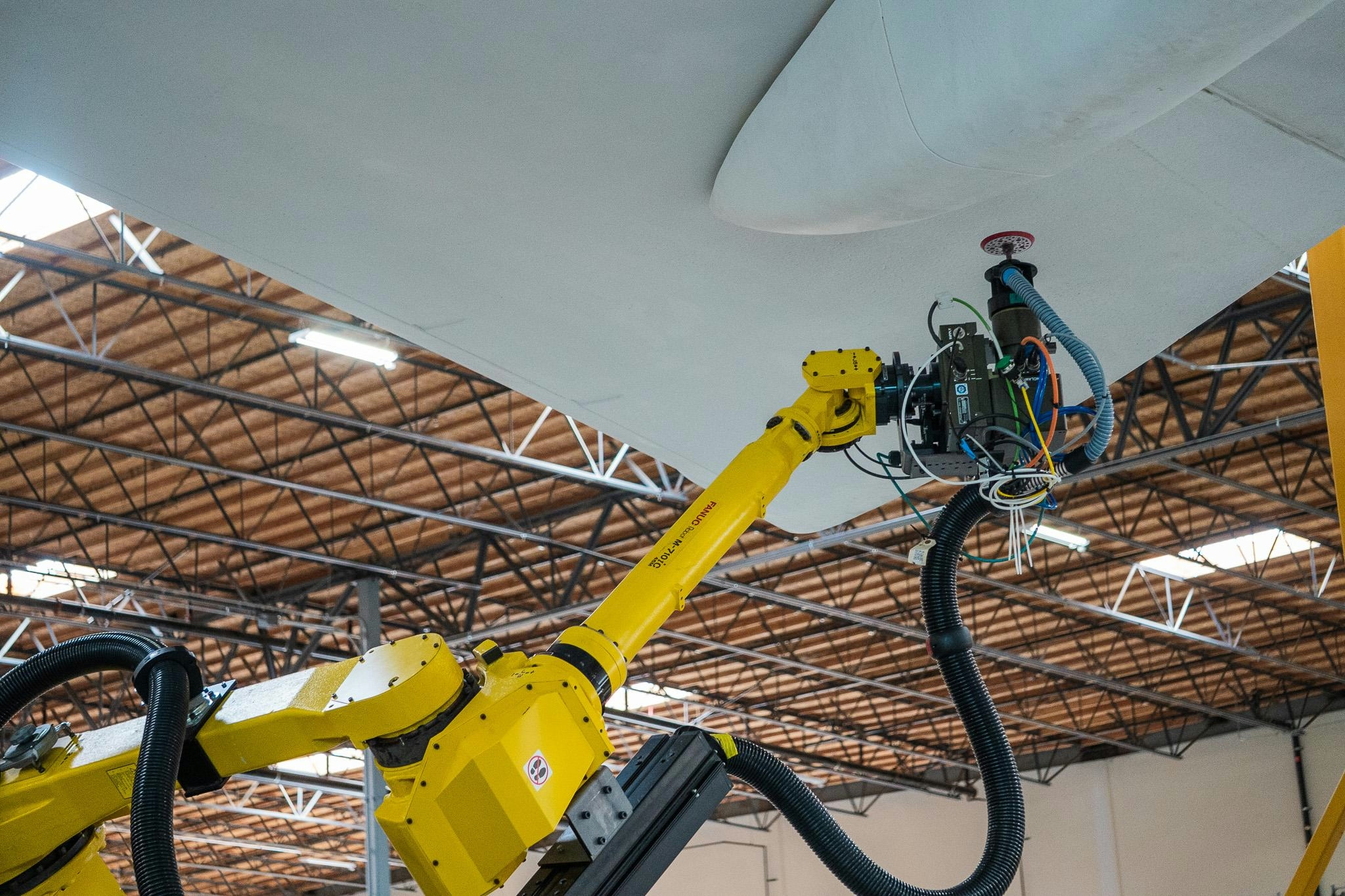
AeroGenie — ваш интеллектуальный второй пилот.
В тренде
Categories
Pakistan's Air Karachi Obtains Passenger Transport License
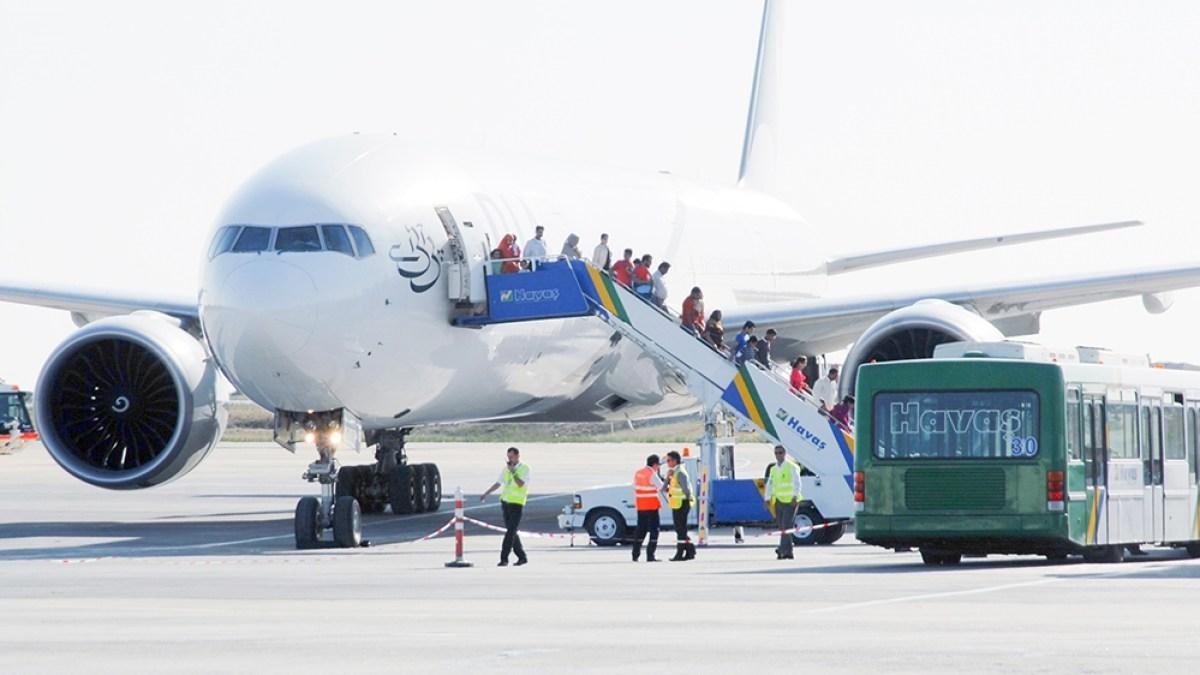
Pakistan's Air Karachi Secures Passenger Transport License, Prepares for Domestic Operations
The Pakistan Civil Aviation Authority (PCAA) has officially granted a regular passenger transport (RPT) license to Air Karachi, a pivotal development that brings the airline closer to entering Pakistan’s commercial aviation sector. This license authorizes Air Karachi to proceed with preparations for passenger services, although the carrier must still obtain an air operator's certificate (AOC) and finalize aircraft acquisitions before commencing operations.
Regulatory Compliance and Strategic Foundations
Air Karachi’s successful acquisition of the RPT license followed the fulfillment of stringent regulatory criteria. The airline’s promoters demonstrated adequate capital investment, clarified ownership and control frameworks, outlined detailed fleet plans, and established comprehensive safety and environmental protocols. Additionally, the airline appointed qualified personnel to meet operational standards. Pakistani media reports indicate that Air Karachi intends to launch domestic flights in the near term, with aspirations to expand into international markets as its operations stabilize.
The airline is structured as a joint venture spearheaded by Karachi-based business leaders and corporate investors, including Atif Ikram Sheikh, president of the Federation of Pakistan Chambers of Commerce and Industry (FPCCI). The consortium has committed an initial capital injection of PKR 5 billion (approximately USD 17.7 million) and plans to lease three aircraft for its initial phase. Air Karachi’s business model is inspired by AirSial, a Sialkot-based carrier that commenced operations in 2020 and has since broadened its international reach.
Market Context and Competitive Outlook
As Air Karachi prepares to enter Pakistan’s aviation market, it faces a competitive environment characterized by resilient regional air travel despite prevailing economic and trade challenges. Established carriers across Asia, including Air India, have been consolidating their positions through strategic alliances with airlines spanning Europe, Asia, and Africa. The introduction of Air Karachi as a new market participant may intensify competition, potentially prompting regional airlines to expand their networks and enhance service offerings to maintain market share.
Although the licensing milestone is significant, Air Karachi must still overcome critical hurdles such as securing aircraft, completing regulatory approvals, and navigating a dynamic and competitive market landscape. The airline’s progress will be closely monitored by industry stakeholders and competitors as it advances toward its anticipated domestic launch.
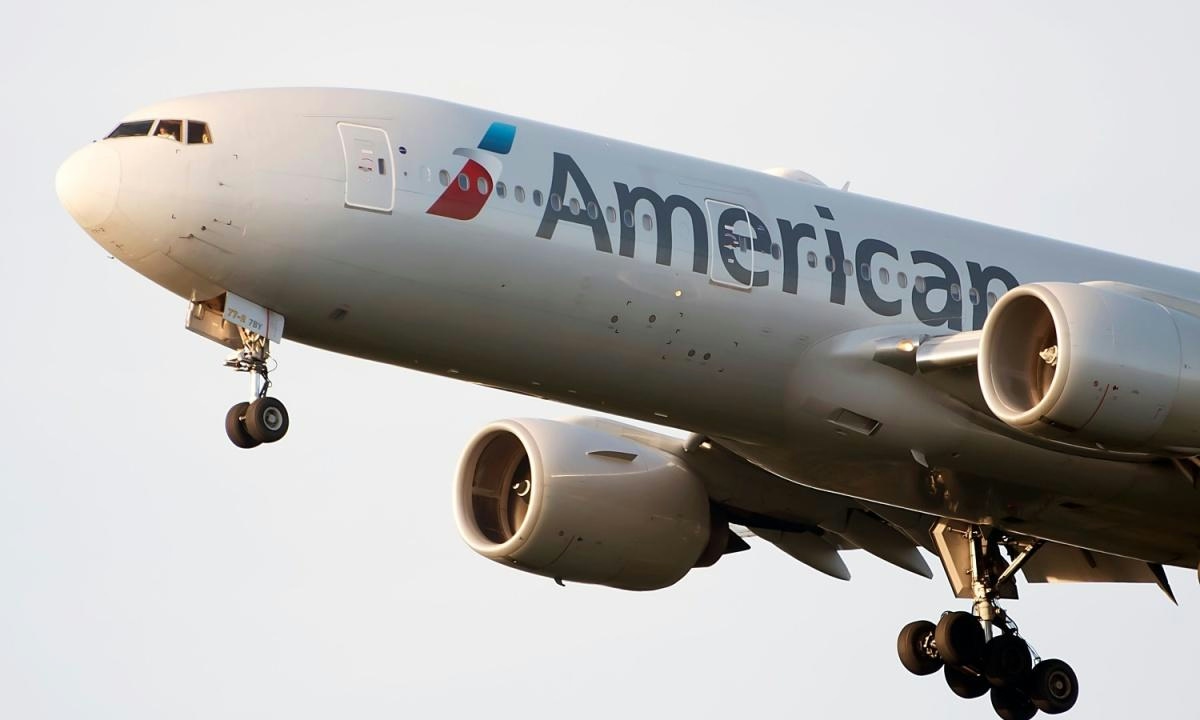
American Airlines’ Plans for Artificial Intelligence
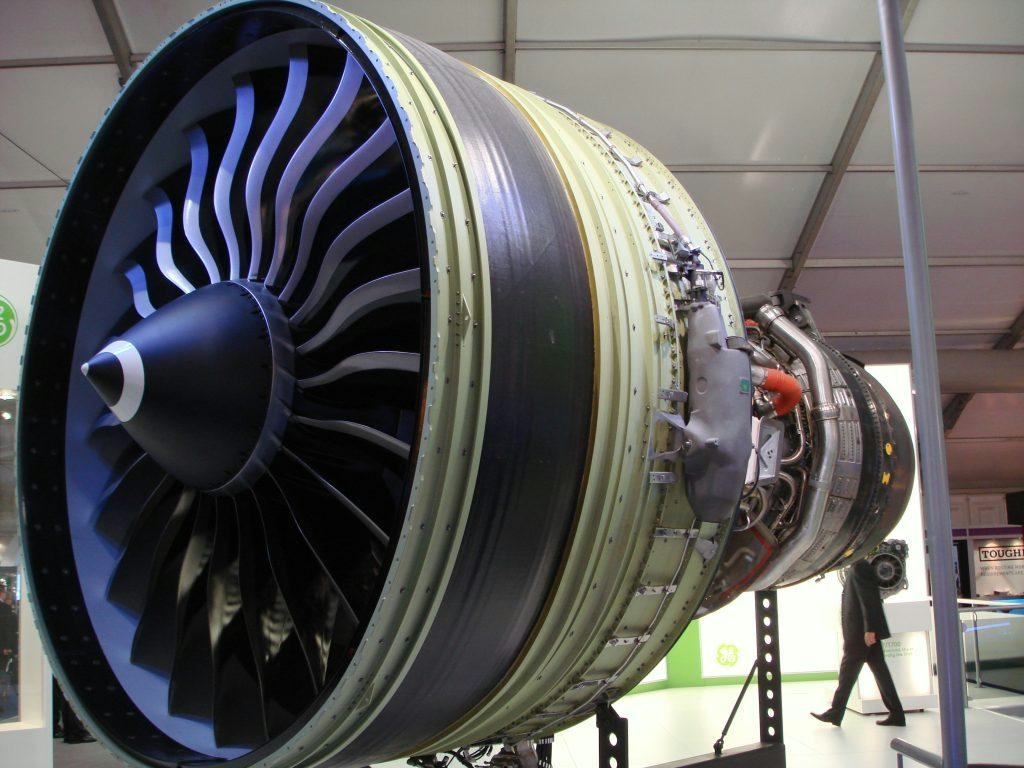
FAA Issues Airworthiness Directive for GE90 Engines After Powder Metal Contamination Found

Boom Supersonic Uses Jet Engines to Power Off-Grid AI Data Center

Flying taxis could take off this year in Florida

ASKY and TAAG Angola Airlines Establish In-House MRO Facilities to Support Fleet Expansion

Airbus to Release Audited 2025 Orders and Delivery Data on January 12
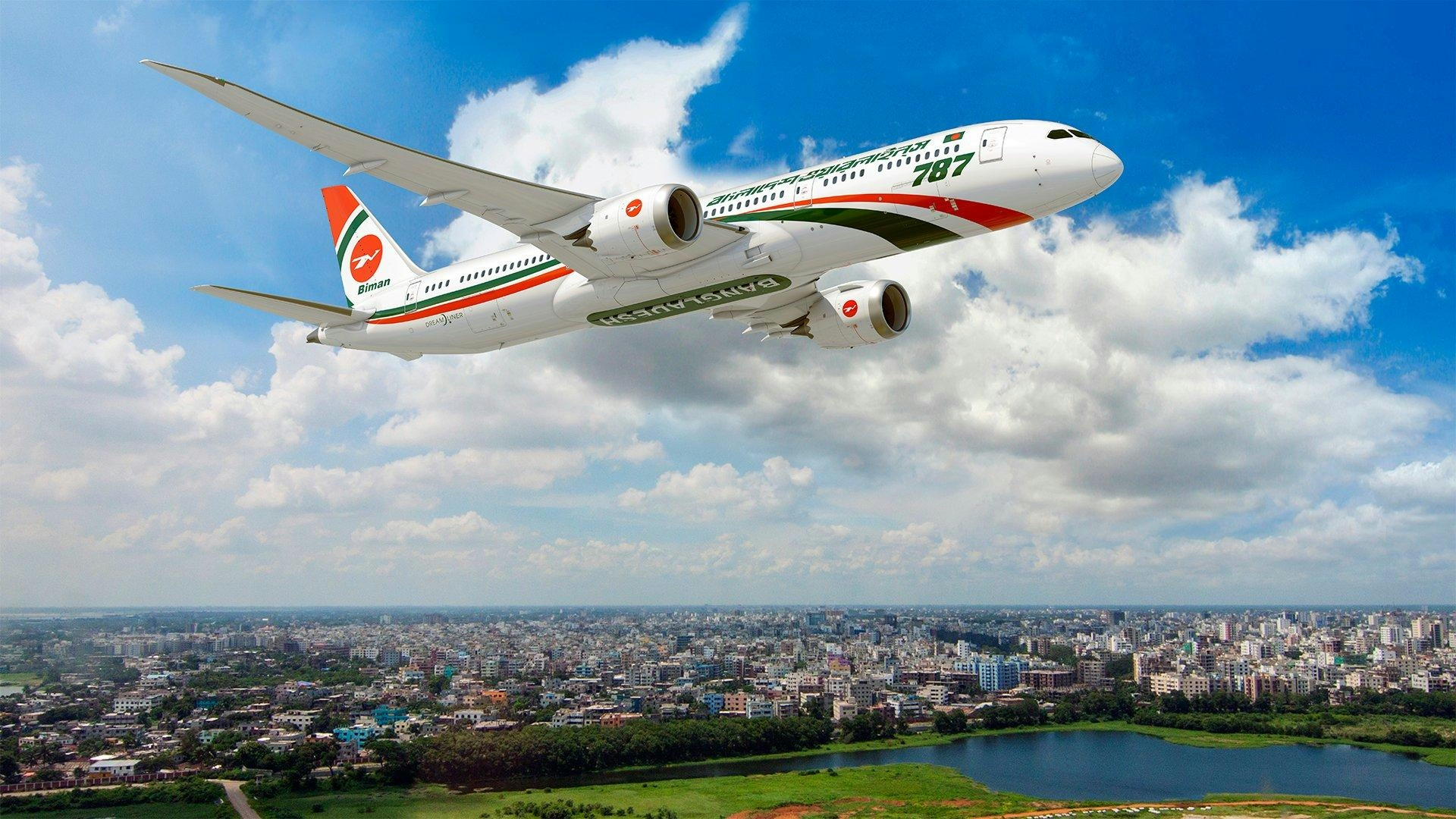
Biman Bangladesh Selects Boeing for New Aircraft Order

Amazon Cancels Italian Drone Delivery Plans Days Before Launch, Setback for U-space

Lufthansa Celebrates 100 Years of Aviation Innovation
